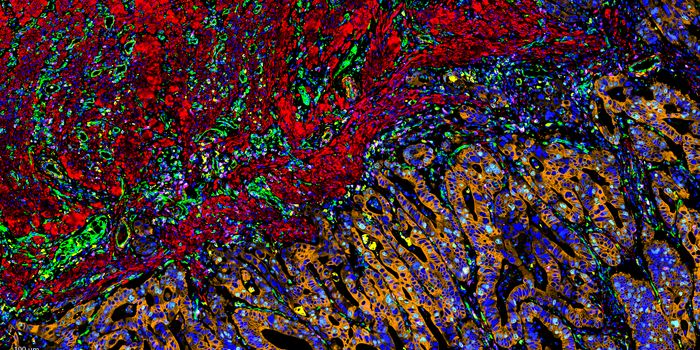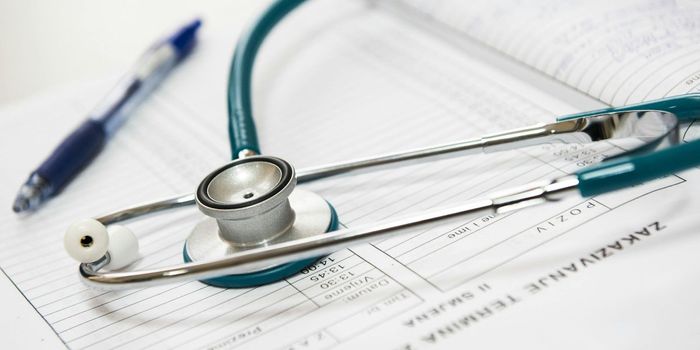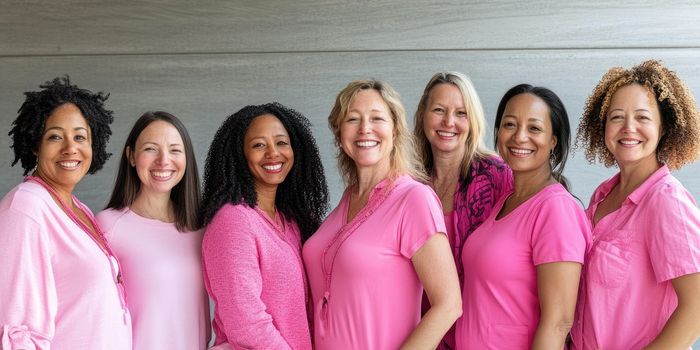Study: Light Drinking Increases Risk for Cancer Too
Seemingly innocent sips of alcohol on the daily may be increasing a person’s overall risk for several types of cancers, reports a new study from the American Society of Clinical Oncology (ASCO).
Although we sometimes hear a glass of wine can have good health effects, alcohol is a known risk factor for cancer. A study conducted in 2016 found that women who drink alcohol, even moderately, are at an increased risk for breast cancer. The spirit has also been linked to cancer of the skin, breast, liver, esophageal, pancreas, and head and neck.
But how much alcohol would it take to raise the risk of these cancers above baseline? Not that much, researchers found.
"People typically don't associate drinking beer, wine and hard liquor with increasing their risk of developing cancer in their lifetimes," said Dr. Bruce Johnson, the president of ASCO. "However, the link between increased alcohol consumption and cancer has been firmly established and gives the medical community guidance on how to help their patients reduce their risk of cancer."
Not surprisingly, the more alcohol a person consumes, the higher the risks for disease. Compared with those who don’t drink, people who have four or more alcohol drinks a day have five times the risk for oral and esophageal cancer, and two times the risk for liver cancer.
But even light to moderate drinkers should be cautious, the study suggests. It takes just one alcoholic drink a day to raise the risk of breast cancer by five percent, oropharyngeal cancer by 17 percent, and esophageal cancer by 30 percent.
Part of the problem, per the ASCO, is the lack of public awareness on the health consequences of light to moderate drinking habits. The study finds that nearly three out of four people don’t know alcohol is a risk factor for cancer development. Furthermore, only 38 percent of Americans were cutting down their alcohol consumption to counter their cancer risks.
If more people were aware of what it costs the body to have a drink, perhaps they’d be more conscious about their lifestyle choices, the authors reasoned.
“The good news is that, just like people wear sunscreen to limit their risk of skin cancer, limiting alcohol intake is one more thing people can do to reduce their overall risk of developing cancer,” said Dr. Noelle K. LoConte, the study’s lead author, and an associate professor of medicine at the University of Wisconsin.
What can be done? The following is a list of evidence-based policy recommendations, by the ASCO, to help people curb alcohol consumption:
- Provide alcohol screening and brief interventions in clinical settings
- Regulate alcohol outlet density
- Increase alcohol taxes and prices
- Maintain limits on days and hours of sale
- Enhance enforcement of laws prohibiting sales to minors
- Restrict youth exposure to advertising of alcoholic beverages
- Resist further privatization of retail alcohol sales in communities with current government control
- Include alcohol control strategies in comprehensive cancer control plans
- Support efforts to eliminate the use of “pinkwashing” to market alcoholic beverages. (i.e., discouraging alcoholic beverage companies from exploiting the color pink or pink ribbons to show a commitment to finding a cure for breast cancer given the evidence that alcohol consumption is linked to an increased risk of breast cancer).
Additional sources:, ASCO, Live Science









